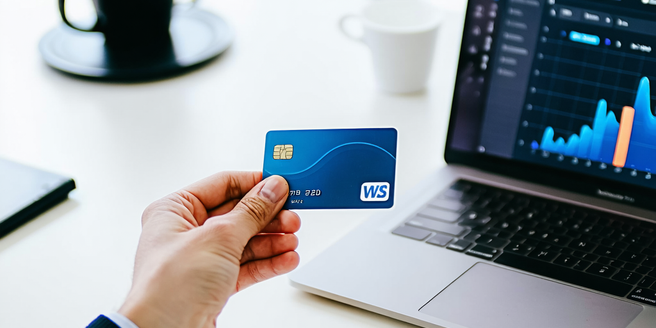Understanding Prepaid Cards: Basics and Benefits
Prepaid cards serve as a convenient financial tool, allowing users to load a specific amount of money onto a card for various expenses without the hassle of a credit check. Unlike credit cards, prepaid cards prevent overspending since you can only use the loaded amount, eliminating the risk of accruing debt. They are ideal for budgeting and control, appealing to those who want to manage their finances more responsibly. Whether traveling internationally or teaching teenagers about money management, prepaid cards provide the flexibility to spend within limits, often with fewer fees than credit cards. However, understanding the terms and conditions, such as recharge fees or expiration dates, is crucial. By considering these factors, users can enjoy the numerous benefits prepaid cards offer while maintaining financial discipline.
How to Choose the Right Prepaid Card for You
When selecting a prepaid card, examining fees is essential. Some cards may have activation, monthly, or transaction fees which can add up over time. Compare these costs across different cards to select one that suits your financial habits. Consider the network the card is on, ensuring it’s widely accepted in locations you’ll frequent. Some cards cater to specific needs, like travel, offering perks like no foreign transaction fees or favorable exchange rates. Features such as mobile app access can be beneficial for easy balance monitoring and instant alerts. Additionally, investigate the reloading options to confirm they fit your lifestyle, whether through bank transfers, direct deposits, or in-store reloads. By assessing these aspects, you can choose a prepaid card that aligns with your spending habits and financial goals.
Tips for Managing Your Prepaid Card Effectively
Effective management of prepaid cards begins with setting a budget that aligns with your financial goals. Regularly monitor your spending and balance, utilizing mobile apps or alerts to stay informed. Treat your card like cash; once it’s depleted, avoid the temptation to reload unless necessary. Plan your reloads in advance, integrating them into your monthly budget to ensure they support your financial strategy. Use automatic reload options if available to maintain a steady balance without overspending. Be mindful of fees and understand how they influence your budget, seeking ways to minimize unnecessary charges. Consider utilizing prepaid cards primarily for predetermined categories like groceries or entertainment, ensuring designated funds are appropriately utilized. With these strategies, manage your prepaid card effectively, using it as a tool to support your financial objectives.
Avoiding Common Pitfalls with Prepaid Cards
Prepaid cards offer convenience, but being informed about potential pitfalls is vital to avoid adverse effects on your financial health. One common mistake is ignoring fees; always understand the associated charges, such as maintenance or ATM withdrawal fees. Review the terms for reload fees or periodic inactivity charges that deplete your balance over time. Ensure the card is registered and insured to protect against potential loss or theft. Some users may overlook the importance of tracking purchases, leading to oversight on spent funds. Avoid excessive reloading; establish a spending limit in line with your budget. Finally, relying solely on prepaid cards may hinder credit building. To prevent these pitfalls, maintain vigilance and use prepaid cards as part of a diverse financial strategy to optimize advantages while minimizing drawbacks.
Maximizing the Benefits of Prepaid Card Usage
To fully leverage prepaid card benefits, first, analyze spending patterns and identify how prepaid cards can aid in streamlining expenses. Since prepaid cards don’t impact your credit score, they are excellent for managing day-to-day purchases without accruing debt. Load funds on specific cards for categorized expenses such as groceries or dining out, aiding in financial discipline. Look for offers or cashback on purchases made with prepaid cards to increase savings. If traveling, a prepaid card can offer a cost-effective way to manage foreign expenditures without incurring hefty credit card fees. To enhance security, opt for cards with EMV chips and ensure you monitor for unauthorized transactions. By using prepaid cards thoughtfully and strategically, take advantage of their utility in budget management and financial organization while mitigating risks.


